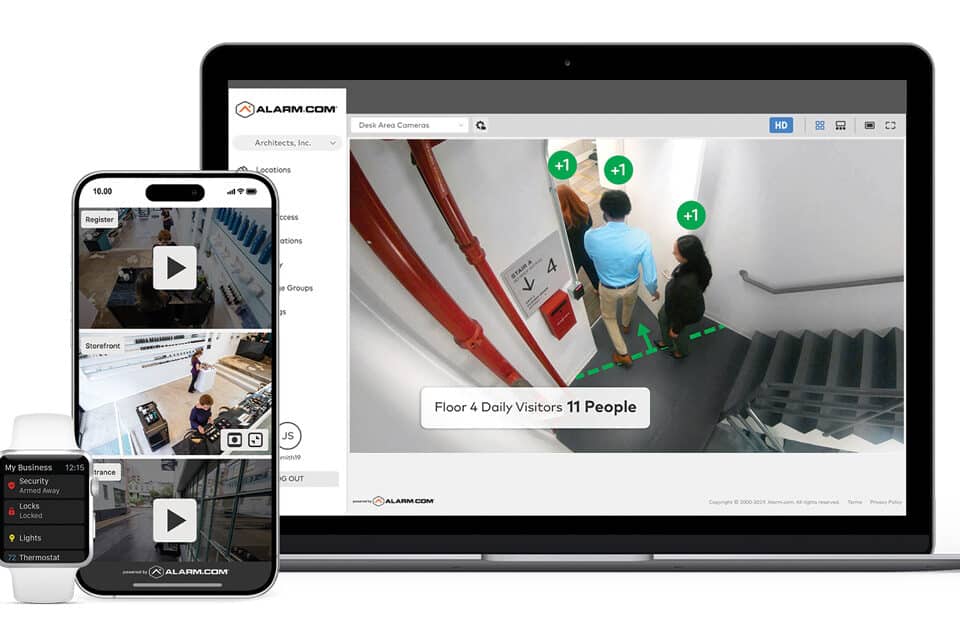
The Hidden Costs of Slow Internet: Is Your Business Losing Productivity?
February 26, 2025
The Business Benefits of Fiber Internet: Speed, Reliability, and Scalability
September 2, 2025As remote work becomes the norm, businesses must prioritize cybersecurity for their remote teams to protect sensitive data and maintain operational security. While remote work offers flexibility and efficiency, it also introduces new risks. Cybercriminals are increasingly targeting remote teams, exploiting unsecured networks and weak access controls. By implementing business-class security solutions, VPNs, and secure cloud communications, organizations can safeguard their operations beyond the office.
Why Remote Teams Are a Cybersecurity Target
Remote teams often rely on home or public Wi-Fi networks, which may lack the security measures of corporate environments. Without proper protection, employees risk exposing confidential data to cyber threats such as phishing, malware, and unauthorized access. Additionally, personal devices used for work may not have the same security protocols as office systems, increasing vulnerability.
Best Practices for Securing Remote Employees
- Implement Business-Class Security Solutions
Businesses should invest in enterprise-grade security solutions designed to protect their remote employees. This includes firewall protection, multi-factor authentication (MFA), and endpoint security software that monitors and detects potential threats. Comporium’s business security solutions offer advanced protection, ensuring that employees work securely from any location.
- Utilize VPNs for Secure Connections
A Virtual Private Network (VPN) encrypts internet traffic, ensuring that remote teams can access company resources securely. VPNs create a private, encrypted tunnel between employees and the company network, preventing unauthorized access and data interception. Businesses should require all remote employees to connect via a VPN when handling sensitive information.
- Secure Cloud Communications and Collaboration Tools
Cloud-based communication tools like VoIP, video conferencing, and file-sharing platforms are essential, but they must be properly secured. Businesses should use encrypted cloud services and implement strict access controls to prevent unauthorized data exposure. Solutions like Comporium’s VoIP services ensure seamless and secure communication for distributed teams.
- Educate Employees on Cybersecurity Best Practices
One of the biggest security risks for remote teams is human error. Businesses must educate employees on cybersecurity best practices, including recognizing phishing emails, using strong passwords, and avoiding unsecured networks. Regular training can significantly reduce the risk of cyberattacks and improve overall security awareness.
- Implement Endpoint Protection and Monitoring
With employees accessing company data from multiple locations, endpoint protection is critical. Businesses should ensure that all devices used by remote teams have up-to-date antivirus software, security patches, and monitoring tools that detect suspicious activity. Comporium’s security solutions provide businesses with real-time monitoring and alerts to detect potential threats before they escalate.
As the workforce continues to embrace remote and hybrid models, businesses must take proactive steps to secure remote teams. Implementing business-class security solutions, VPNs, and secure cloud communication tools can help prevent cyber threats and protect sensitive company data. With Comporium’s advanced security solutions, businesses can ensure that remote teams remain connected, productive, and secure.

